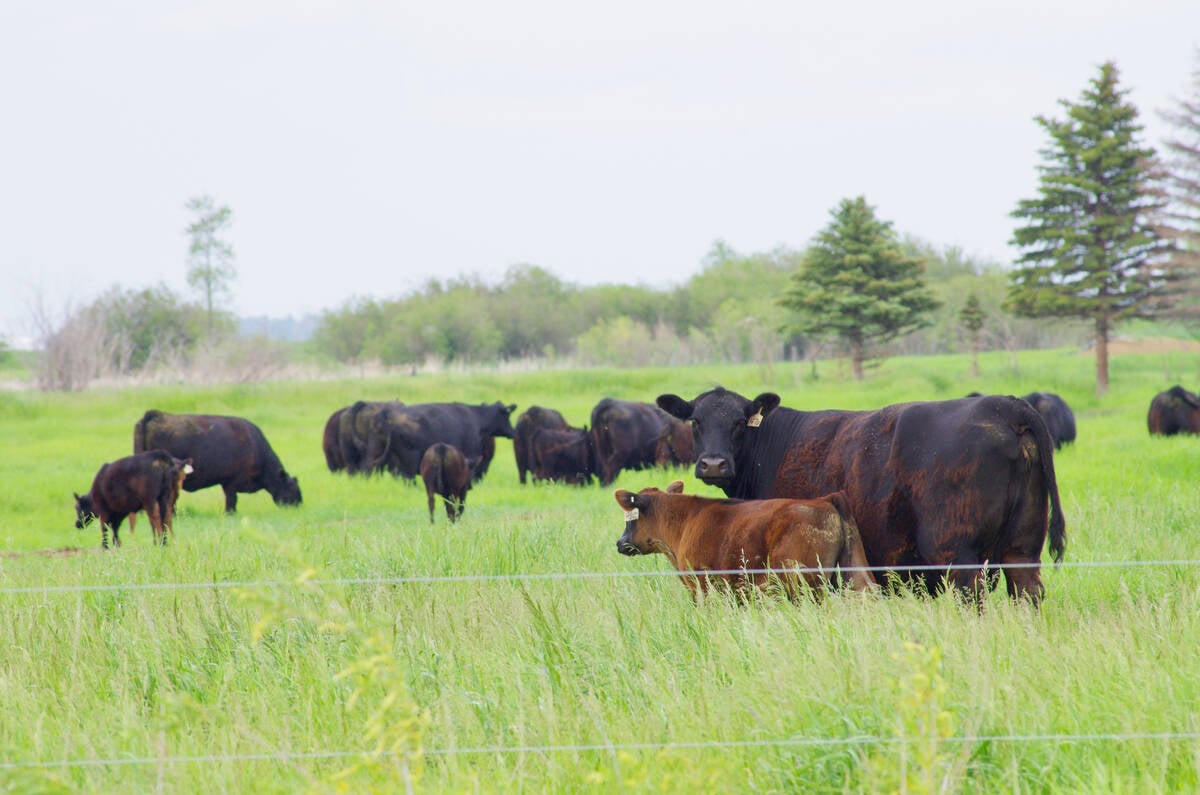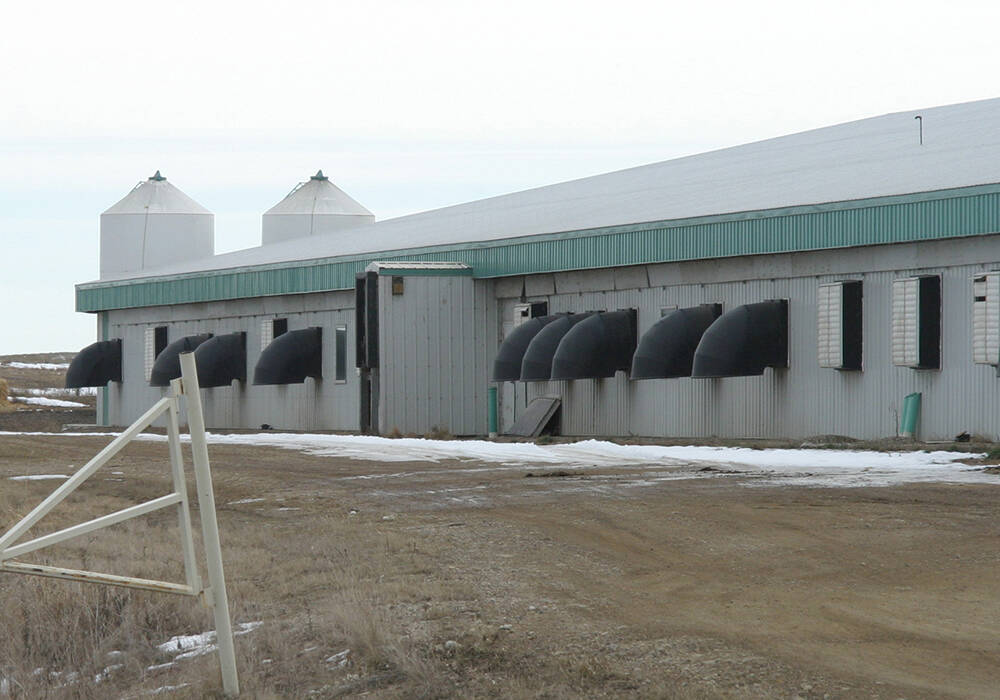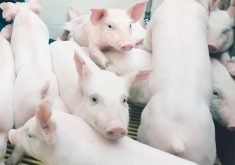Glacier FarmMedia – It surprises many people when I tell them they must shower before going into a hog barn and that their outdoor shoes are not nearly clean enough to be worn next to the pigs, but both statements are true.
Biosecurity protocols are key to helping farmers keep production diseases such as porcine epidemic diarrhea (PED) and porcine reproductive and respiratory syndrome (PRRS) out of their barns. Biosecurity is also critical in preventing foreign animal diseases such as African swine fever from entering Canada. Good biosecurity helps keep animals safe and healthy.
The last major outbreak of PED in Manitoba began in fall 2021, lasted through to spring 2023 and is estimated to have cost the province more than $100 million. Current estimates indicate that PRRS in the United States is costing the industry there $1.65 billion annually.
Read Also

Tick research from the University of Manitoba focuses on insects and testing
Manitoba researchers are looking into the effects of tick and fly disease in cattle.
Manitoba’s hog and pork producers learned some key lessons from the last PED outbreak. The first is that the entire sector needs to work together if we are going to effectively protect animal health. The second is more difficult. Sometimes, parts of the value chain will need to take actions that are not in their short-term fiscal interest but are in the long-term interest of industry.
This collaboration demonstrates the industry is willing to do the right thing, even when there is a short-term cost. The result of this teamwork is Manitoba’s PED Elimination Plan, which has been effective in stopping disease spread.
Stringent biosecurity explains why producers are concerned about unauthorized people coming onto their farms, which can render efforts to prevent disease spread useless. This is a key reason why farmers support anti-trespass legislation.
Farmers also work day to day to safeguard the overall welfare of their animals. Hog producers across Canada are guided by the 105 code of practice requirements for the care and handling of pigs. The code is backed up by legislation and regulation, such as Manitoba’s Animal Care Act.
Confirming compliance with high standards for animal care includes verification. The Canadian Pork Excellence (CPE) program is a national platform for producers to demonstrate compliance with food safety, animal care and traceability standards.
Doing the right thing also includes ongoing improvements in environmental sustainability.
For example, modernization of agriculture has revolutionized nutrient management. Past generations did not have today’s research or tools to minimize manure runoff.
Currently, more than 90 per cent of hog manure in Manitoba is either injected below the surface or incorporated into the soil after it is applied to the land. This prevents leaching into our waterways and positions valuable nutrients next to the seed where it is most beneficial for crops.
Modern equipment can test the flow as manure is being applied using near infrared technology and vary application rates on a real-time basis. Farmers use global positioning technology, ultrasonic speed sensors and radar to ensure that manure is applied in the right place and at the right rate.
Before applying manure, farmers are required to file manure management plans with the provincial government. These plans are tailored to the specific crops being grown and include soil sampling to help prevent the over application of nutrients.
The environmental and animal care record of modern Manitoba hog farmers is one in which they take pride. It is also a record that should be a source of pride for all Manitobans. Manitoba pigs are raised in a sustainable way that will help ensure the industry’s ongoing contributions to our economy and job creation in our local communities.

















